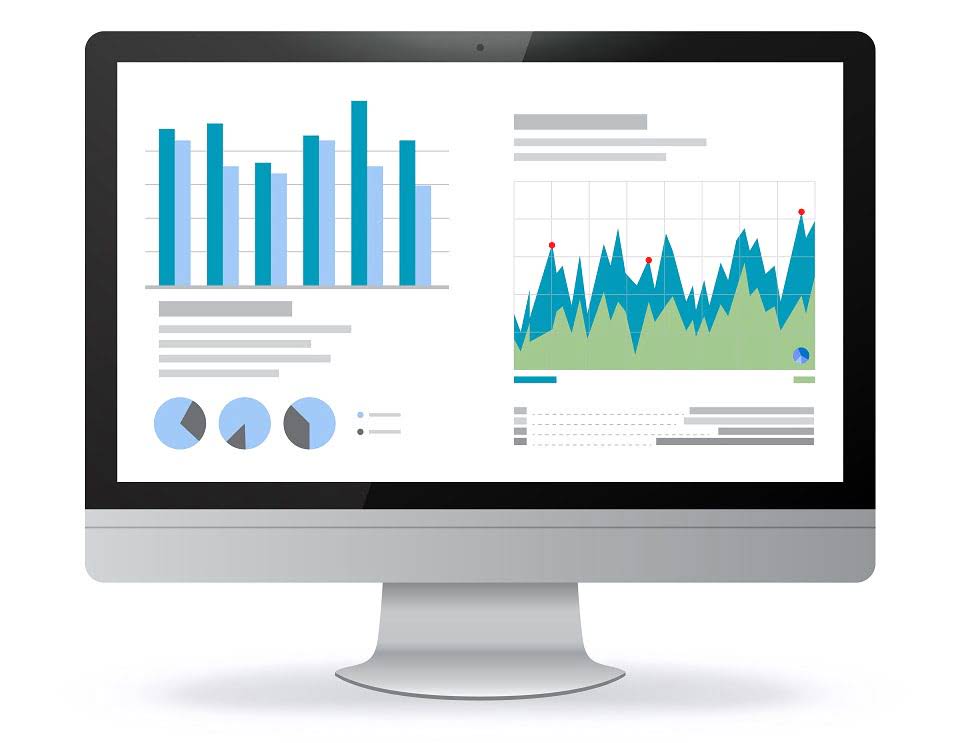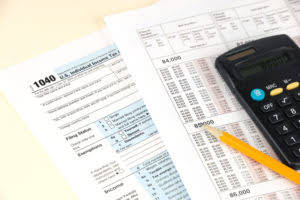
Some states impose a waiting period before reissuing checks to prevent fraud, especially for large disbursements like tax refunds or government assistance payments. Learn how long state-issued checks remain valid, what happens if they expire, and the steps to request a reissue under unclaimed property laws. A business owner must define a clear company policy to outline how his organization handles the stale-dated check. Under this policy, he must ensure the check received is deposited in the bank within a month. Furthermore, the policy must state the rules about the action to be done if the recipient does not cash the amount that you have issued in business.
- Learn how to use checks for personal checking accounts, including types, benefits, and best practices for managing your finances efficiently.
- The reasons for stale-dated checks vary, from forgetfulness to lost checks.
- Individuals should consult their tax advisers or legal counsel for advice and information concerning their particular situation.
- Many states set a validity period of six months to one year for tax refunds, unemployment benefits, and other government disbursements.
Payment Timeline
Banks don’t have to accept checks that are more than six months old. Banks are still allowed to process an older check, if the institution believes the funds are good. If you have a problem with a stale or expired check, it’s best to consult with a financial lawyer who can advise you on the best course of action. LegalMatch.com can connect you to a lawyer who can explain the legal remedies available to you and what your best option might be. Traveler’s checks never expire as long as the issuing bank is still in operation. If you find an old traveler’s check, you can always cash it in with the issuer or spend it wherever it’s accepted.
- Someone who wrote a personal check is probably not prepared for the hit their checking account balance will take if you cash it months later.
- If issued to a deceased individual, additional legal documents, such as a death certificate and proof of estate administration, may be necessary.
- Banks may refuse to process it, and the insurer may consider the payment void.
- Some checks become stale if dated after 60 or 90 days, while all become void after six months.
How Do Outstanding Checks Work?
Rely instead on automation that can help you streamline check identification, trigger correspondence, and compile reports. Ensure accuracy and completeness in your reports to avoid penalties and state objections. For detailed information on state-specific dormancy periods, refer to our comprehensive Escheatment Laws by State guide.
J. Clay Cole, Coventry Escrow and Title Company, LLC, Memphis, Tennessee 38120
If an expiration date is not listed, the bank will treat it as “expired” once the check is six months old, although policies vary between banks. It’s also vital that all employees, particularly accounting staff, understand that unclaimed property does not belong to the company. Uncashed checks should never be canceled since you owe the money to either the state or the property owner.

Typical Expiration Period
As the rightful owner of these funds, the state should hold them in case you claim them. Before cashing a check after the requested time frame, consider the reason for the payer’s request. It might be the case that they’re living on fixed income and won’t have the funds available after the specified time frame. You may end up getting charged a deposit item return fee if that’s the case.
Legal disclaimer
To fix a stale-dated check, you can either ask stale dated checks the issuer to reissue the check with a new date or request them to issue a new check. This can help resolve the issue and ensure the check is accepted by the bank. A deposited stale-dated check can be rejected by the bank, even if it’s accepted for deposit, resulting in a processing fee for the client. Banks can also improve their processes to avoid banking errors and ensure timely processing of checks. A stale dated check is essentially a check that has been written with a date that has already passed.
- If a recipient fails to cash or deposit a check within the designated time period, they may lose access to the funds that were promised to them.
- An outstanding check refers to a written check payment that has not been deposited or cashed by the payee.
- If you’re the issuer of a stale-dated check, you can void the check and reissue a new one.
- In case of loss, consider issuing a new check to prevent dealing with a stale-dated check later.
- A Federal Reserve regulation says a bank doesn’t have to deposit a check if it has reason to doubt that it’ll be able to collect the money from the paying bank.
- Note that a nonrefundable service fee may be deducted from the principal amount if you don’t cash a money order within one to three years, depending on the state of purchase.
Uncashed Check FAQs

The Uniform Commercial Code mandates comprehensive guidelines for financial transactions including the expiration of checks. A check that has not been cashed within that 180-day timeframe is known as stale or stale-dated. Treasury (like a federal tax refund) are good for a year from the date they’re issued.

Unraveling the Concept of Stale-Dated Checks in Banking and Finance
There are a few ways to find out if a check is stale-dated, if you got the check, or if you have questions about a check you wrote. If you discover you have an outdated check, don’t Online Accounting panic—you might still be able to get your money. – Contact the person who wrote the check and ask if they can give you a new one. There are a few ways to determine if a check is stale, whether you got it or wrote it. The person writing the cheque is known as the drawer, and the person receiving the cheque is known as the payee.
According to the article, a stale dated check is a check that has been outstanding for more than six months. While personal and business account checks expire after 180 days, other types of checks can have different expiration dates. It’s always best to contact the issuer before trying to cash a stale or outstanding check. Such a call may be awkward, but it’s better than imposing an overdraft fee on the person or business that wrote it. As mentioned, personal checks are usually valid for up to six months after the date they were issued, but you shouldn’t count on the bank to pay attention to the dates. A personal check that’s several months old may have Online Bookkeeping been forgotten by the issuer.
